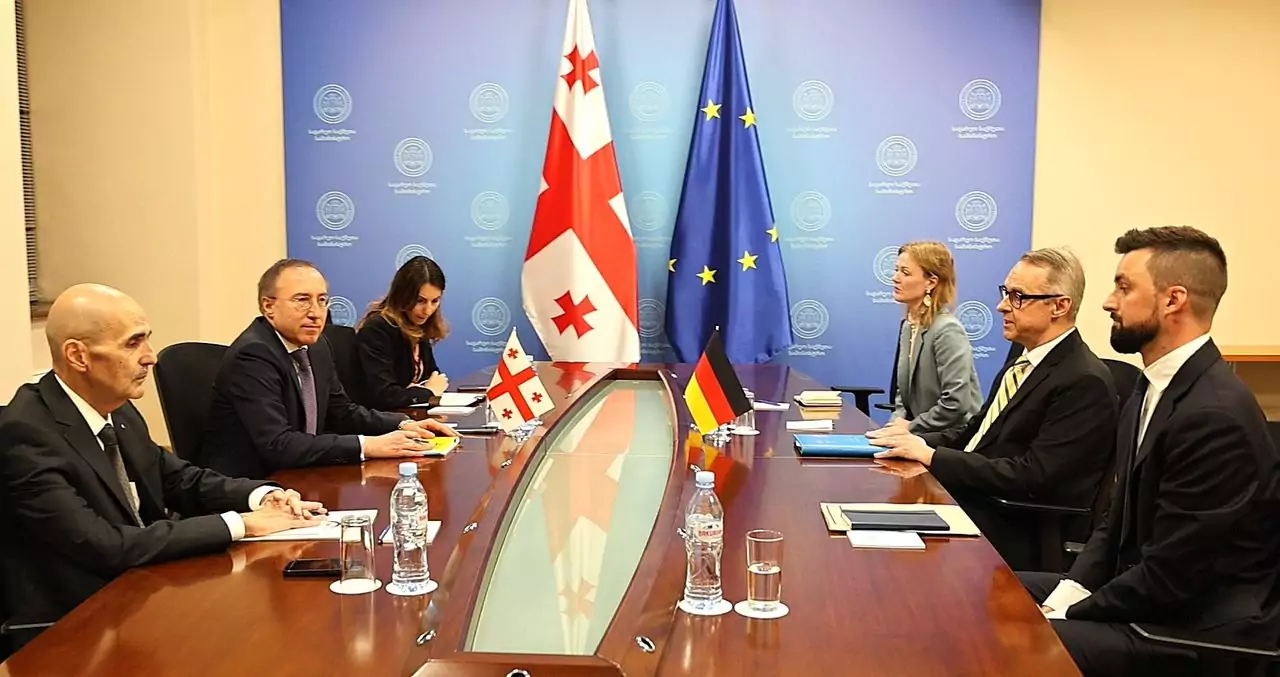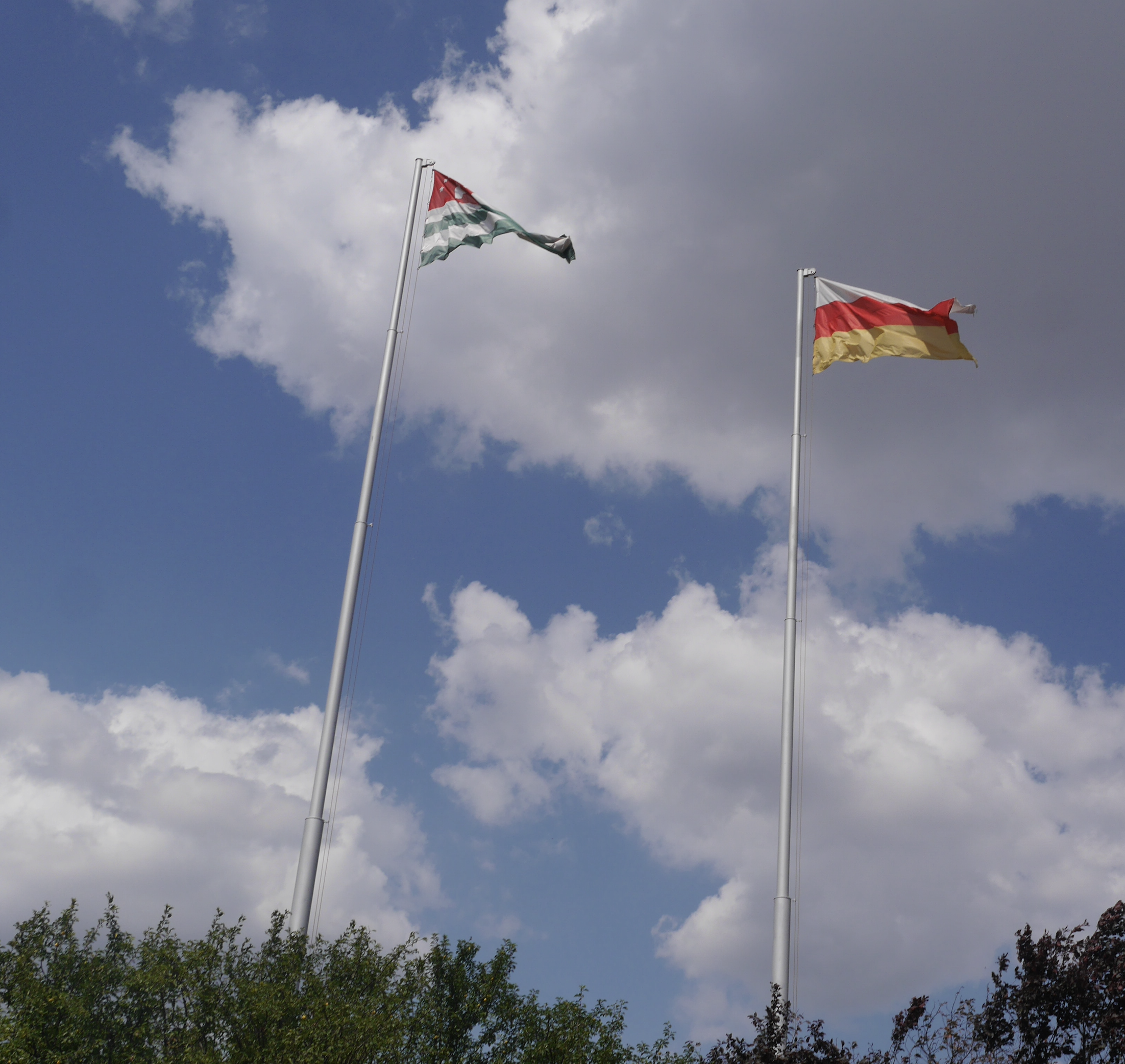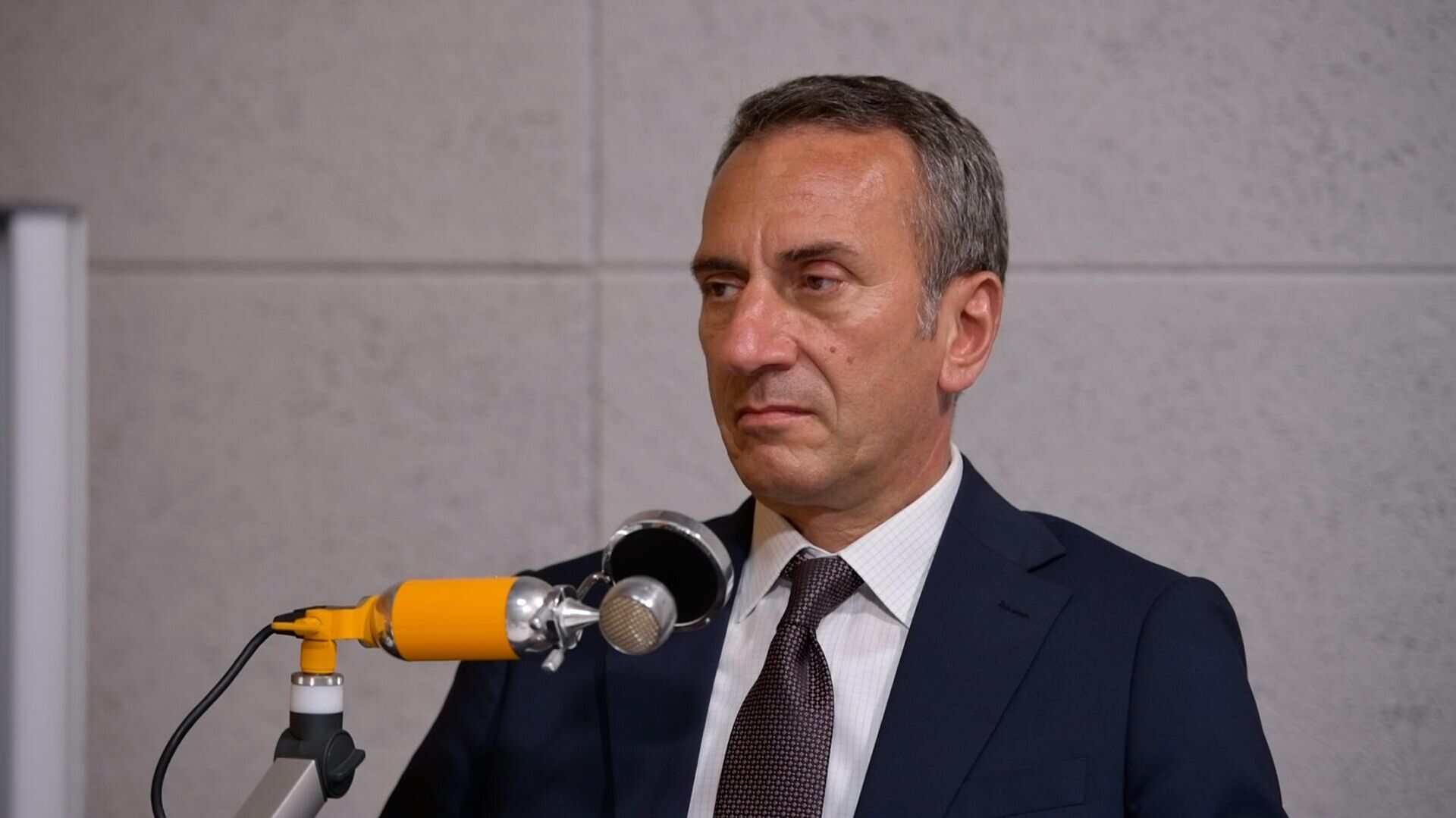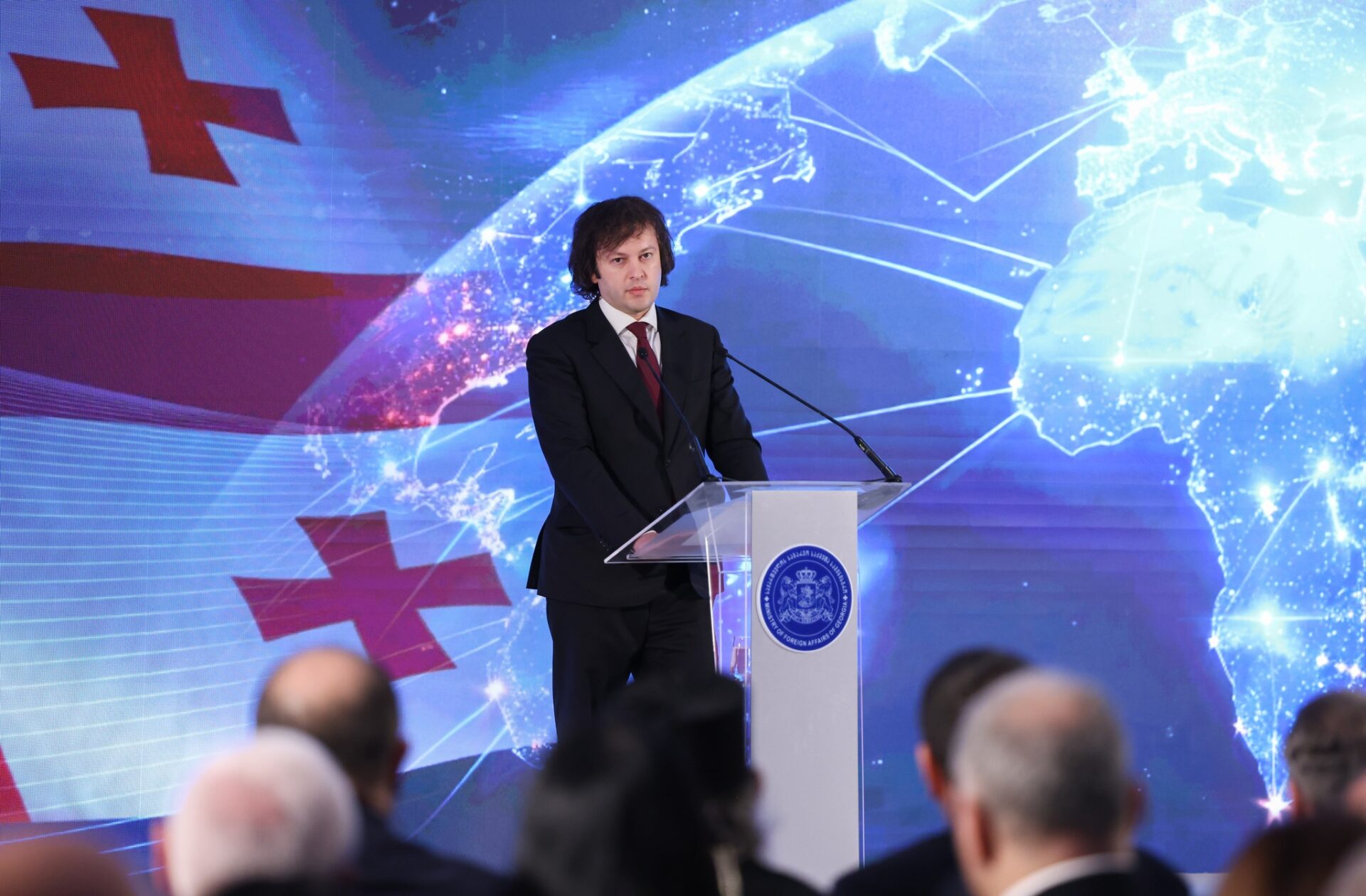
Georgian Government Intensifies Pressure on Western Diplomats
Executive Summary:
- Western diplomats are coming under unprecedented pressure from the Georgian Dream government, with Georgian Prime Minister Irakli Kohakhidze accusing EU Ambassador to Georgia Pawel Herczynski of backing an attempt to overthrow the constitutional order.
- The European Union has categorically rejected and condemned disinformation about its role in Georgia, as well as personal attacks against the EU ambassador.
- Many fear that under the Georgian Dream government, it will be difficult to establish positive relations with Western countries, leaving Georgia dependent on unreliable partners and increasing authoritarian influence in the region.
Relations between representatives of Western countries in Georgia and the Georgian Dream government have long been strained, with tensions escalating in recent months. Foreign diplomats have increasingly become targets of the Georgian government amid the pre- and post-election protests in Tbilisi. Georgian Dream officials accused EU representatives of supporting attempts to destabilize the country, prompting the European Union to dismiss the allegations as disinformation and personal attacks (see EDM, October 7).
Georgian Prime Minister Irakli Kobakhidze held two briefings on October 4, hours after the police detained several people in connection with the attempted storming of the presidential palace following that day’s municipal elections. During his first appearance, Kobakhidze alleged that EU Ambassador to Georgia Pawel Herczynski supported the “announced attempt to overthrow the constitutional order” in Georgia (Radio Tavisupleba, October 5).
Later that night, during his second briefing, Kobakhidze reiterated his stance, claiming that “specific ambassadors, diplomats, and politicians bear direct responsibility to clearly distance themselves from the violence we witnessed yesterday” (Radio Tavisupleba, October 5). Kobakhidze emphasized the same message again a few days later during the television program “Night Courier.” “The public no longer follows the U.S. Ambassador or the EU ambassador blindly—and that is one of our main achievements,” said Kobakhidze (ImediNews,October 6).
Kobakhidze’s statements came in response to the opposition boycott of and demonstrations against the Georgian municipal elections on October 4 (see EDM, October 6). While the elections were taking place, a rally was held in the capital “to peacefully overthrow the authorities.” Citizens first gathered at Freedom Square before moving to Akhonteli Street, where the presidential palace is located. A few participants broke through an iron fence and entered the palace’s courtyard, but they were eventually expelled by police (Radio Tavisupleba, October 6). The Georgian Ministry of Internal Affairs has since launched an investigation, arresting more than 20 individuals in connection with recent unrest. Georgian Dream officials have repeatedly accused Western countries of orchestrating the Tbilisi protests (Al Jazeera, October 7). On October 8, Kobakhidze also urged the U.S. Department of State to condemn the protests in Georgia. His appeal to the U.S. State Department was an attempt to find support in “effectively demonstrat[ing] to the Georgian people that it is not in their interest to create disorder in the country” (1TV, October 8).
In response to Georgian Dream’s accusations, the European External Action Service (EEAS) issued a statement on the evening of October 5, signed by European Commission Vice President Kaja Kallas and EU Commissioner for Enlargement Olivér Várhelyi. The statement established that the European Union “firmly rejects and condemns the disinformation regarding the EU’s role in Georgia and denounces the personal attacks against the Ambassador of the European Union to Georgia” (EEAS, October 5).
Tbilisi Mayor Kakha Kaladze was the first to respond to the EEAS statement when asked for comment. Kaladze said that “neither Kallas nor Várhelyi can help [the EU officials], because the Georgian people do not support [them]” (Radio Tavisupleba, October 6). He also added that the European Union did not interest him, asserting that “the real masters of this country are ordinary citizens—the people you see here—not some Kallases, Malases, or others from abroad” (Radio Tavisupleba, October 6).
This was not the first time EU officials had become targets of criticism from the Georgian government. Following the adoption of controversial laws that, according to Western partners, fail to meet EU standards and are aimed at suppressing dissent, Georgian Dream officials responded with increasingly aggressive rhetoric (Euro News, April 19, 2024; EU Neighbors East, April 3; Civil Georgia, July 16).
Herczynski faced harsh criticism even before the elections. On September 14, Giorgi Volski, the First Deputy Speaker of the Georgian Parliament, accused Herczynski of having “a specific task from the Euro-bureaucracy—to somehow support the activities of extremist groups and keep alive the fire that was recently ignited on Rustaveli Avenue” (ImediNews, September 14).
On September 24, German Ambassador Peter Fischer was summoned to the Ministry of Foreign Affairs—an unprecedented move in modern relations between Georgia and Germany. He was received by Giorgi Zurabashvili, the First Deputy of Maka Bochorishvili, and stayed at the ministry for more than an hour. Upon leaving, he made a brief comment and later wrote on X:
I refuted in detail baseless attacks on me & placed responsibility for a new low in Georgian-German relations on Govt of Georgia & GD reps who, by actions & rhetoric, caused it & block EU-path. I was not heard. I am not a radical. Germany remains a friend (X/@Diplo_Peter, September 24).
The next day, on September 25, the head of the U.K. diplomatic mission in Georgia, Garrett Ward, received a similar summons. Following the summons, he made no comments to the media either before or after the meeting (EuronewsGeorgia, September 25). Reacting to these events, Kaladze reiterated Georgian Dream’s position and claimed that the ambassadors “crossed all red lines.” He further said, “Look at the funds that, over the years, were channeled through so-called non-governmental organizations and were used to attempt to organize a revolution” (Radio Tavisupleba, September 25).
Confrontations with Western diplomats underscore how Georgian Dream has moved Georgia further away from EU integration and closer to countries such as Iran and the People’s Republic of China (seeEDM, June 10). Many fear that under the Georgian Dream government, it will be difficult to establish positive relations with Western countries, leaving Georgia dependent on unreliable partners and increasing authoritarian influence in the region.


